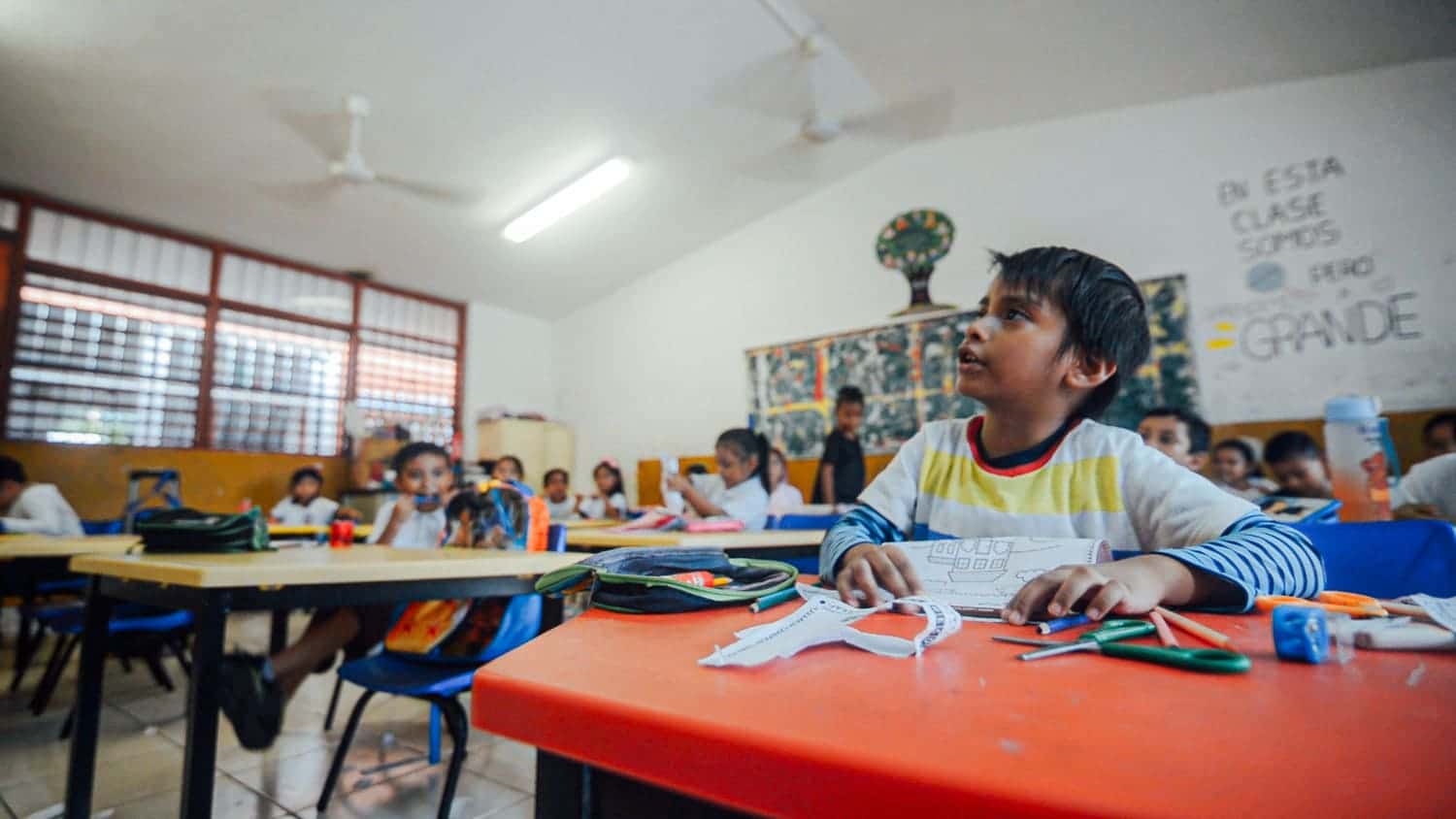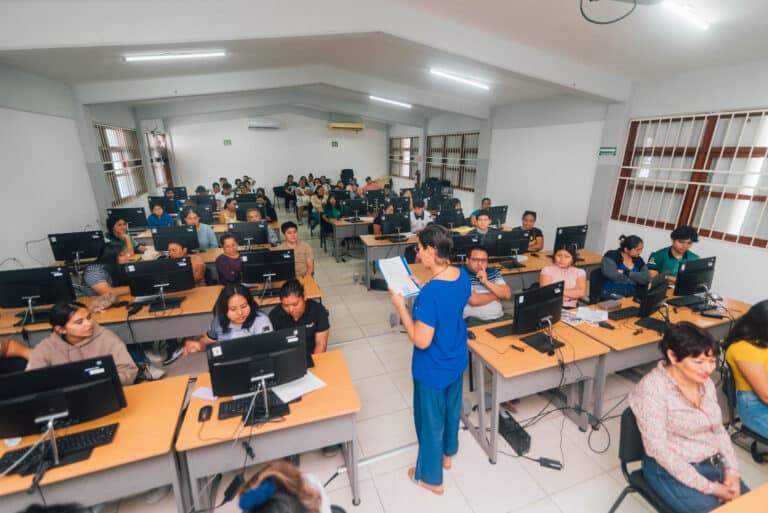Family Culture and the Education Imperative
In Mexican families, the value placed on education is often juxtaposed with immediate economic needs. For many low-income households, the necessity for additional income complicates the decision to keep children in public schools. Education, while cherished in principle, can be perceived as a luxury when daily survival is at stake. Parents facing the reality of low-wage jobs often see their children’s labor as essential to the family’s financial stability. The familial emphasis on education varies widely. In some households, there is a strong push for academic achievement, driven by the belief that education is the key to breaking the cycle of poverty. However, in others, the immediate economic benefits of having another wage earner outweigh the long-term advantages of education. This dichotomy underscores a critical tension within many Mexican families: the aspiration for a better future through education versus the pressing needs of the present. 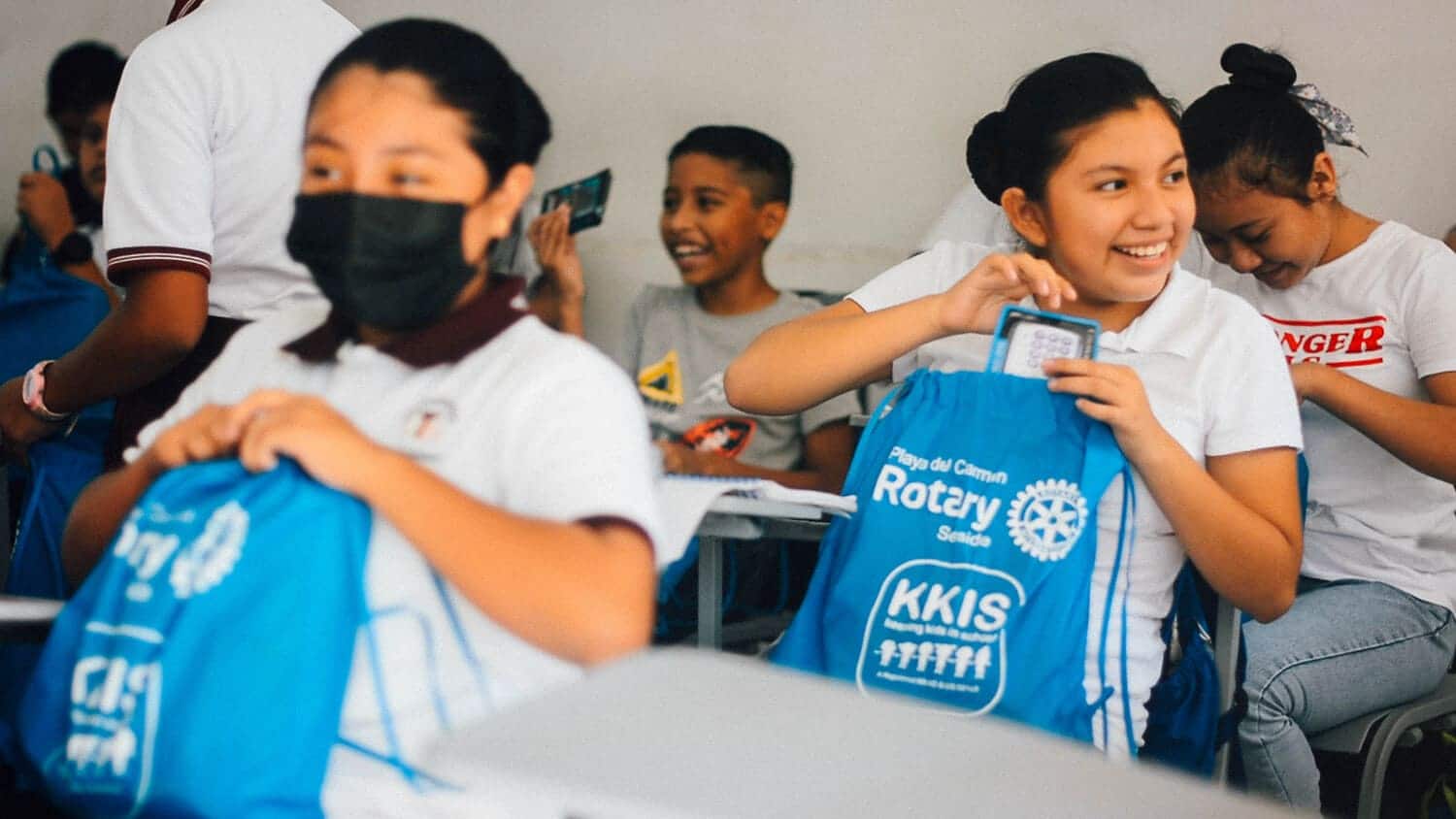
Economic Pressures and the Need for Student Labor
The economic landscape in Mexico exerts significant pressure on students, compelling many to leave school prematurely to join the workforce. This phenomenon is particularly pronounced in rural areas and impoverished urban communities, where adult employment opportunities are scarce and poorly paid. As a result, children often contribute to the family income by taking on jobs in agriculture, informal sectors, or service industries. The prevalence of low-wage jobs exacerbates this issue. These positions offer little advancement or stability, yet they provide the immediate cash flow necessary for families living hand-to-mouth. The Mexican government’s social safety nets must be revised to alleviate these pressures, leaving education a secondary consideration for many families struggling to make ends meet. 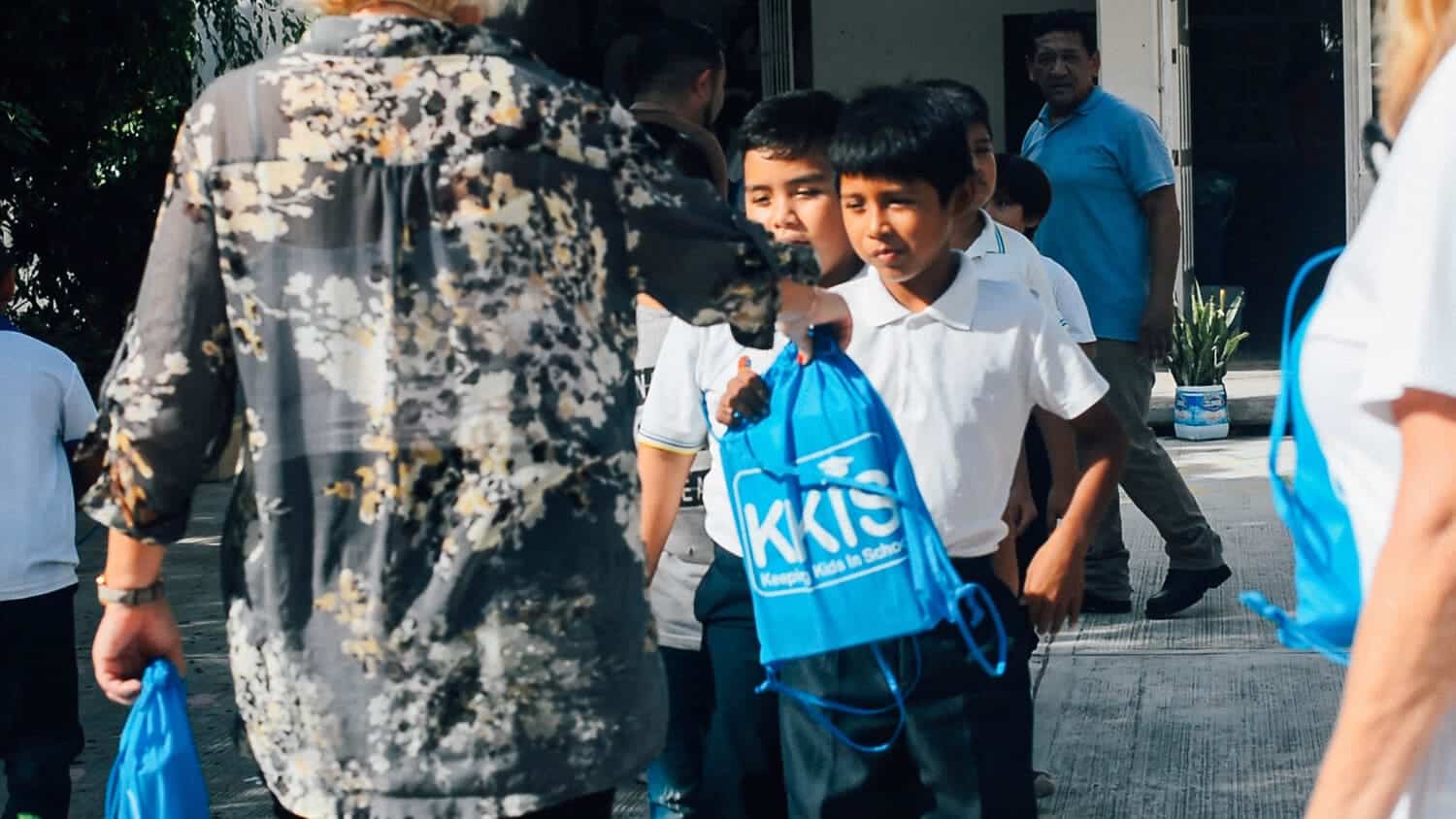
Governmental Shortcomings: A Persistent Hurdle
Criticism of the Mexican government’s handling of education is widespread. Chronic underfunding, inadequate infrastructure, and insufficient teacher support are common grievances. Despite constitutional guarantees of free public education, many public schools need more essential resources, from textbooks and teaching materials to functional buildings and trained staff. The allocation of educational funding is often uneven, with urban schools receiving more support than their rural counterparts. This disparity contributes to significant differences in academic quality and outcomes between regions. Moreover, the government’s focus on addressing immediate economic issues frequently sidelines long-term educational reforms, perpetuating a cycle of underachievement and disenchantment among students and educators alike.
The Hidden Costs of Public Schools
While ostensibly free, public high schools in Mexico have a range of hidden costs that burden families. Expenses such as uniforms, books, transportation, and school supplies add up, making education prohibitively expensive for many. These financial barriers are a primary reason students drop out, as families prioritize immediate financial relief over long-term educational investment. Financial strain is particularly acute during the transition from primary to secondary education. Many already stretched-thin families find it difficult to cover the additional costs associated with high school. This economic reality forces difficult choices, often leading to students leaving school to support their families through work. 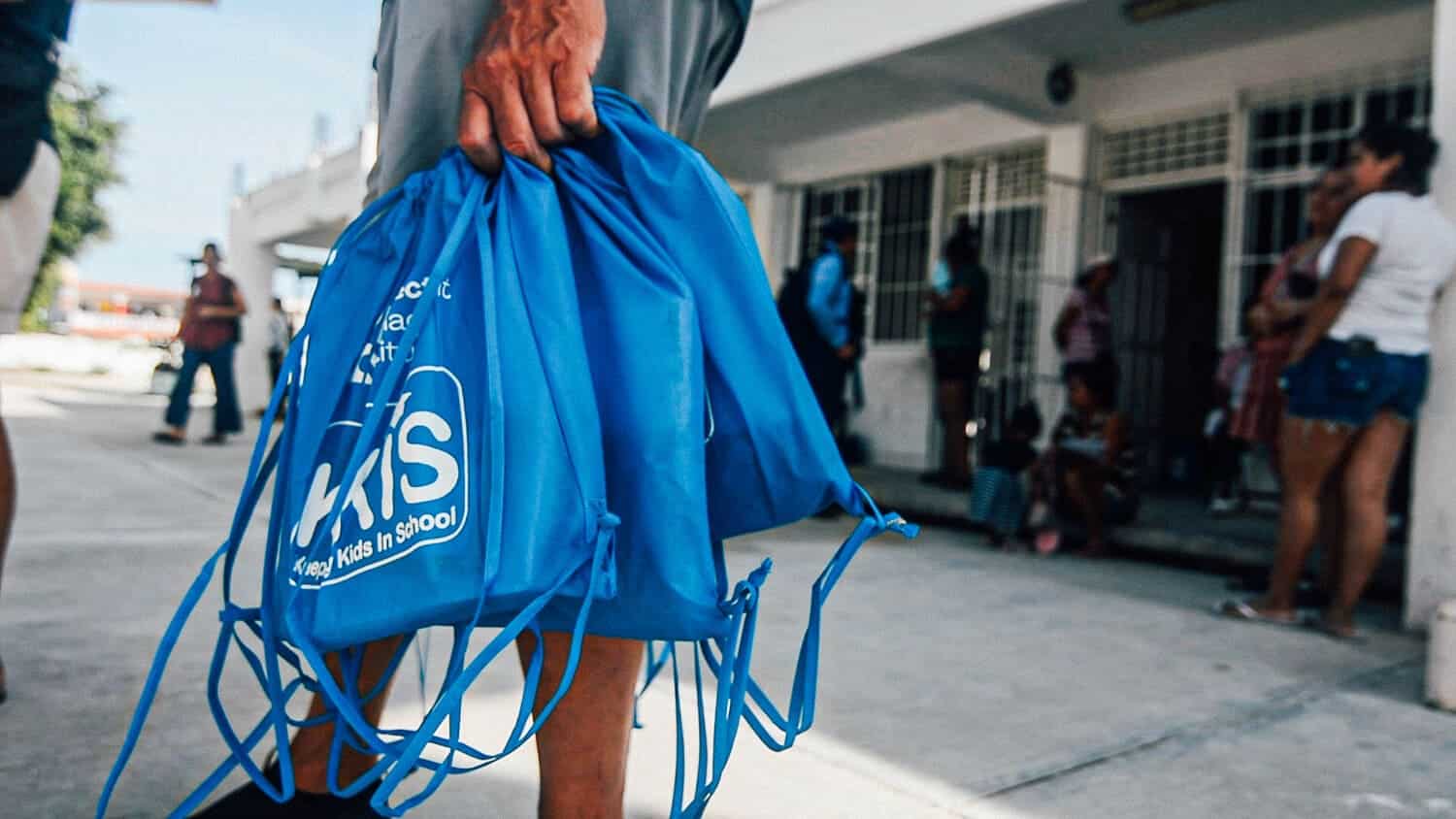
The Emotional Impact of Dropping Out
For students, dropping out of school carries profound emotional consequences—many express regret, frustration, and a sense of missing an opportunity. The social stigma associated with dropping out can also impact self-esteem and future aspirations. These students often feel trapped by their circumstances, knowing their potential for a better life is curtailed by the necessity of work. The dropout rates in public schools are a stark indicator of these challenges. Nationally, many students do not complete their education, reflecting the systemic barriers they face. This high dropout rate is both a symptom and a cause of the persistent cycle of poverty in many communities.
Success Stories: Education as a Beacon of Hope
Despite these challenges, numerous success stories illustrate the transformative power of education in public schools. Individuals who persevere through adversity often find that education opens doors to unimaginable opportunities. These success stories are powerful reminders of what is possible when the barriers to education are overcome. One such story is that of Ana, a young woman from a rural village who completed her education at public schools and became a doctor with the help of scholarships and community support. Her success has lifted her family out of poverty and inspired others in her community to pursue their educational dreams.
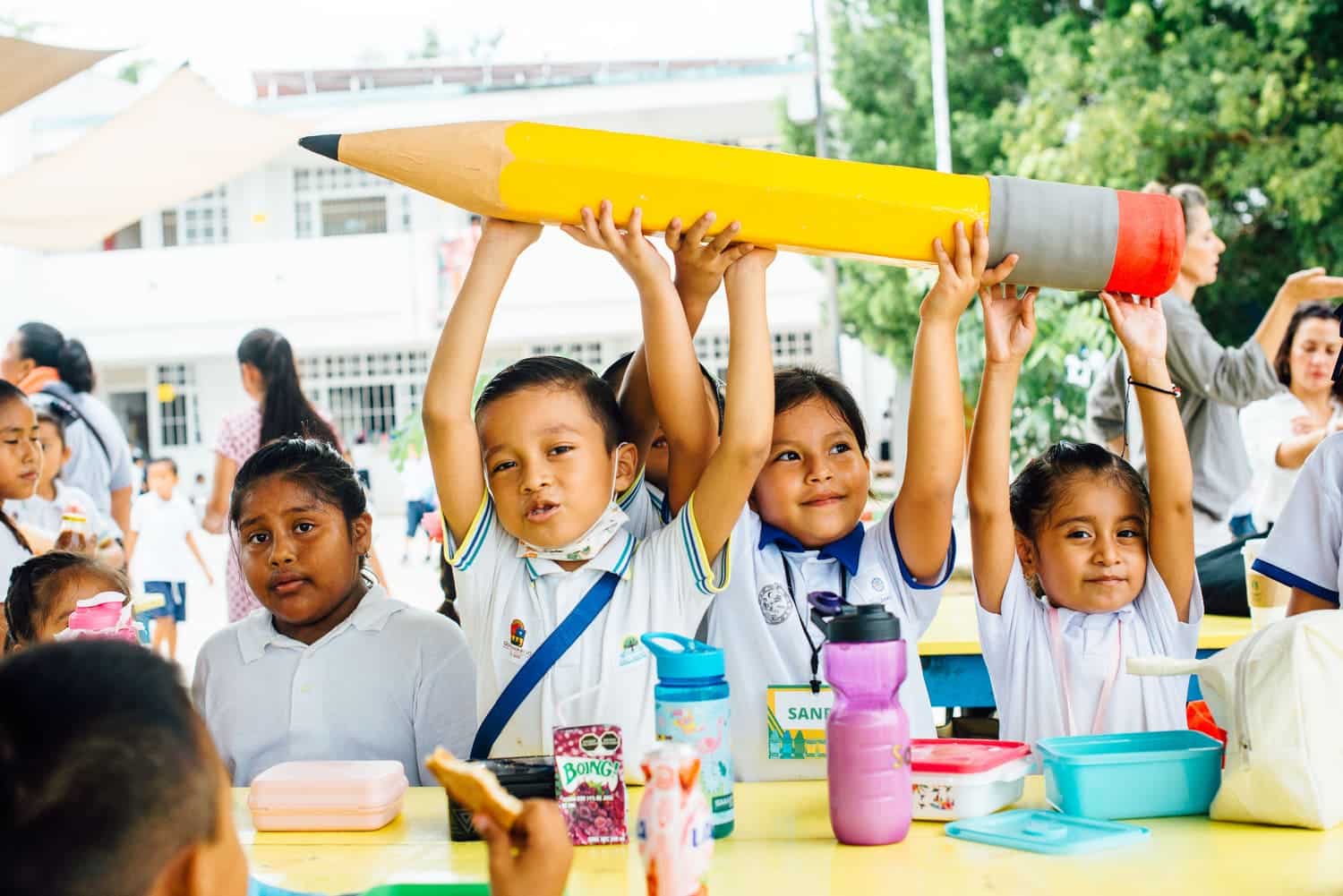
The KKIS Project: Transforming Lives Through Education
Amidst these challenges, organizations like the KKIS Project, Keeping Kids in School, play a crucial role in supporting students. Based in Playa del Carmen, the KKIS Project aims to increase the number of high school and university graduates by providing scholarships, school supplies, and other essential resources. This support is vital in a context where many families cannot afford the hidden costs of public schools.
KKIS’s efforts have tangible impacts on students’ lives. By alleviating the financial burden, the organization enables students to focus on their studies and achieve their academic goals. The ripple effect of this support extends beyond individual students, positively affecting entire families and communities. Education, as facilitated by KKIS, becomes a powerful tool for breaking the cycle of education poverty and fostering economic mobility.
The Path Forward: Reform and Hope
Looking ahead, improving education in Mexico requires comprehensive reforms and unimaginable opportunities. Education funding must be prioritized, equitable resource distribution ensured, and teachers and public schools effectively supported. Community involvement and the efforts of organizations like KKIS are also essential in bridging the gaps left by systemic shortcomings.

